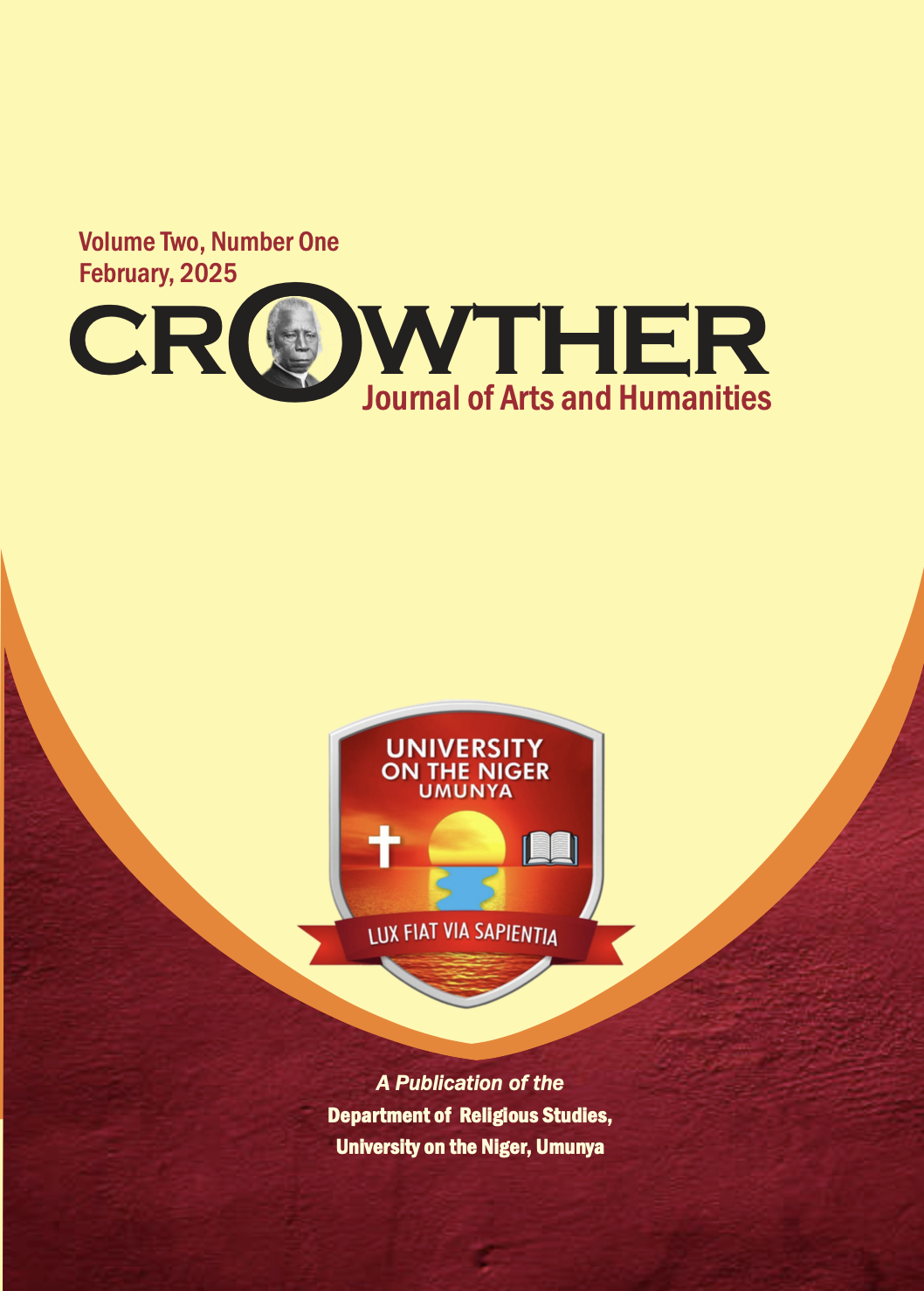RIGHTS, OBLIGATIONS, AND FINANCIAL RESPONSIBILITIES OF CONSECRATED PERSONS: A CANONICAL/THEOLOGICAL PERSPECTIVE
Abstract
This study examines the rights, obligations, and financial responsibilities of consecrated religious, using a canonical-scriptural approach to explore the theological, regulatory, and pastoral dimensions of consecrated life in contemporary contexts. Rooted in the sacrament of baptism and the Evangelical Counsels of poverty, chastity, and obedience, consecrated life is presented as a prophetic witness to the Kingdom of God, grounded in communal, sacrificial, and eschatological ideals. Drawing on scripture, Vatican II teachings, and Canon Law (particularly Canons 662–672 and 635–638), the paper analyzes how consecrated persons embody their vocation through prayer, community living, and stewardship of temporal goods. The study employs a qualitative methodology, incorporating textual analysis of canonical texts, scriptural studies, and theological reflection. These methods are complemented by documented of contemporary financial practices in religious institutes, highlighting challenges such as fraud, mismanagement, and compliance with dual civil and canonical obligations. Key findings underscore the need for robust accountability mechanisms, financial training, and adherence to best practices to align the stewardship of resources with the mission and charisms of religious institutes. Recommendations include implementing audits, fraud prevention policies, and integrating financial management with theological principles. This study contributes to understanding the interplay between spiritual commitments and material responsibilities, offering a framework for sustainable and ethical governance in consecrated life.


